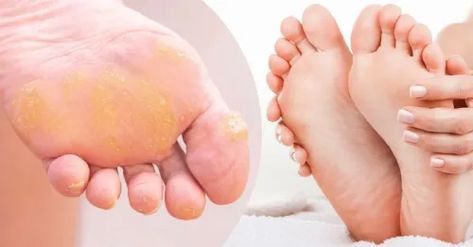Corns
All About Corns
Corns are small, circular areas of thickened skin that typically develop on the feet, especially over bony areas subjected to pressure or friction. They are the body’s protective response to repeated irritation. Unlike calluses, which are broader and usually painless, corns are more localized and can be painful.
Types of Corns
- Hard Corns: These are dense, compact areas of skin, often found on the tops of toes or other areas with bone pressure against the skin.
- Soft Corns: Softer, whitish or grayish in appearance, these develop between toes where the skin is moist from sweat.
- Seed Corns: Small, often painless corns that form on the bottom of the feet.
Approaches for Corns Treatment
Self-Care Measures:
Soaking and Exfoliation: Soaking the feet in warm water and gently rubbing the corn with a pumice stone can help remove dead skin.
Moisturizing: Applying moisturizing lotions can keep the skin soft and reduce friction.
Protective Pads: Using corn pads can alleviate pressure on the affected area.
Medical Treatments:
Trimming: A healthcare provider may trim away excess skin.
Medicated Products: Salicylic acid-based treatments can help dissolve the thickened skin.
Shoe Inserts: Custom orthotics can redistribute pressure on the foot.
Symptoms of Corns
- Thickened, Raised Patch of Skin
- Tenderness or Pain on Pressure
- Flaky or Dry Skin
- Waxy or Yellowish Appearance
- Inflammation or Redness
- Discomfort While Walking

To prevent corns:
Wear Properly Fitting Shoes: Ensure shoes are comfortable and provide adequate space for your toes.
Use Protective Coverings: Pads or bandages can shield areas prone to friction.
Maintain Foot Hygiene: Regularly wash and moisturize your feet.
Trim Toenails: Keeping nails short can prevent toes from pushing against shoes.
